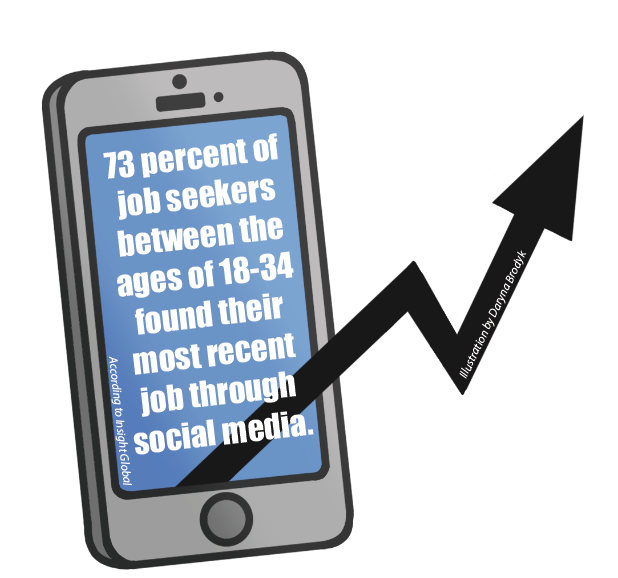Even though I’m Christian, growing up, I didn’t pay attention to my Sunday School teacher when she told stories about Noah and the Ark or David and Goliath because they were boring and seemed unrealistic. On the car ride to church every Sunday, I complained to my parents because churches didn’t go on winter and summer break like schools, and I was in dire need of a break from church.
Nonetheless, I eventually got over this period of resistance towards church after attending my first Christian retreat. This retreat stirred in me what Christians call a “spiritual high,” a personal, and sometimes supernatural, encounter with God. As an aftermath of this encounter, I found myself engaging in more frequent hours of prayer and gatherings for Christians.
But like all highs, my “spiritual high” didn’t last, and I eventually became inconsistent in church attendance and often disregarded the specific times I had set aside to read my Bible or pray. I also started supporting controversial topics such as gay rights and no longer felt the need to convert all non-believers to Christianity.
After observing these changes in my life, a few of my religious friends and family members frantically asked me, “So you’re not Christian anymore?” I cringed every time I heard this question because I still considered myself Christian, just with slightly altered values.
I understand why my friends and family members automatically assumed that I had denounced my faith in Christianity, but religion is a personal matter that can be interpreted differently by everyone. The degree to how seriously one takes their religion and therefore chooses to carry out their beliefs is completely up to the individual.
If we’re all born with different genetic makeup and raised in varying circumstances and living conditions, how could we uniformly believe in anything without any opposition, especially on such a broad topic like religion?
If I can’t get myself to believe that supporting gay rights is wrong and that women should be submissive to men, why should I force myself into believing that I do? I’d rather break a few rules and disagree with a few teachings of the Bible than lie to myself and others about the condition of my faith.
I recently started attending a new church, and one Sunday, the pastor, another youth group member and I got together to get to know each other. The moment we sat down, the pastor, assuming that I was deeply religious, started talking about God with great reverance and stressed the importance of including God in my future plans.
I didn’t completely disagree, but I was uncomfortable with where the conversation was going because I’m not as religious as my pastor assumed I was. After telling my pastor this fact, she pulled out her Bible and read me verses to “encourage” spiritual growth and maturity in me. By this point, I was extremely frustrated and slightly offended because I almost felt like she was forcing her beliefs on me and criticizing mine as wrong.
I appreciate her effort as a pastor to “help me grow spiritually,” but bombarding me with Bible verses and sermons isn’t going to magically transform me into a highly religious person all of a sudden.
I admit that I am also guilty of judging people who practice their religion in seemingly contradictory ways, and in no way am I out to condemn or pick on the religious crowd. Rather, I ask that we all become more tolerant of how we practice, or don’t practice, our religions because our different morals and principles are what make life a little more interesting and unique.














